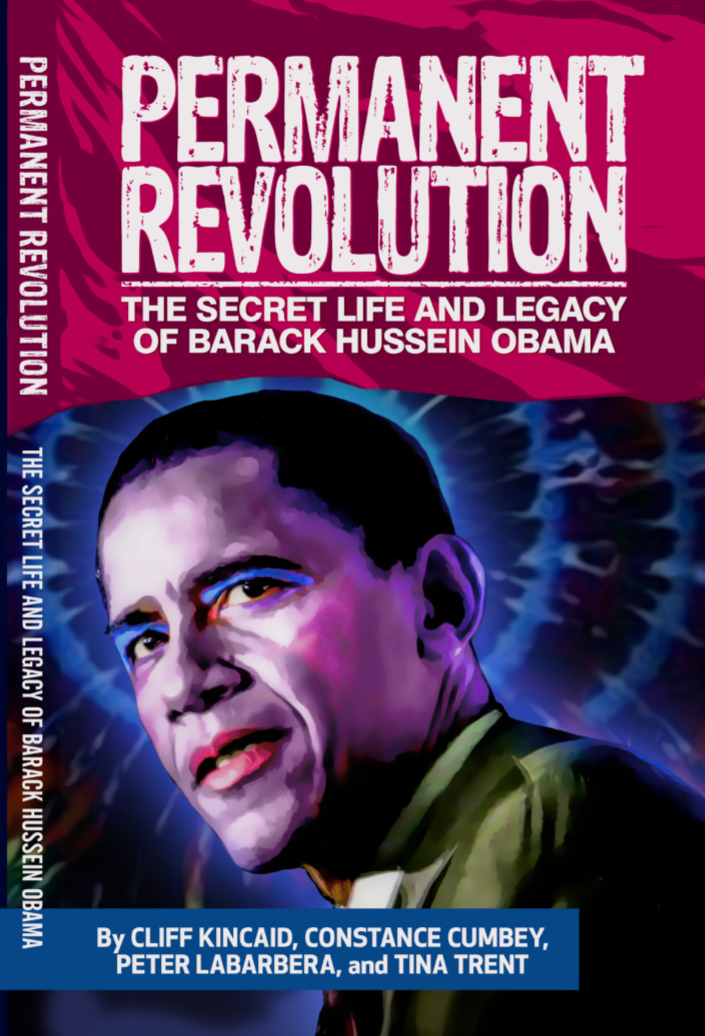|
BI-PARTISAN GROUP OF NEW JERSEY CITIZENS FILE LAWSUIT AGAINST GOVERNOR MURPHY TO ENJOIN ENFORCEMENT OF STATE PUBLIC QUESTION # 1 THAT ATTEMPTED TO LEGALIZE “CANNABIS.”
Flemington, NJ, December 19, 2020 Contact: David Evans the group’s counsel at 908-963-0254. E-mail: [email protected] A bi-partisan group of New Jersey residents filed a lawsuit on December 17, 2020 against New Jersey Governor Phillip Murphy, Attorney General Grewal, Senator Stephen Sweeney and Senator Nicholas Scutari to enjoin implementation of State Public Question # 1 that attempts to legalize “cannabis.” “We intend to remind, and if necessary to compel, our government officials to do their duty to safeguard and ensure public health and safety and that of children,” stated the group’s attorney David G. Evans. Unlike heroin and other opioids, whose risks are widely disseminated by the media and known by the public, the hazards of today’s marijuana are both insidious and minimized. Marijuana is capable of wreaking havoc on the health, safety, educational, economic strength and cognitive function of New Jersey's citizens. Yet, for no other drug is the gap so large between current scientific evidence of adverse consequences and the public perception. The “legalization” of marijuana - which is actually illegal commercialization - has created "Big Marijuana" that includes lobbyists and profiteers who use their vast financial resources to disseminate inaccurate and deceptive messaging to the public regarding marijuana use and sales which are still unlawful under federal statutes and thereby illegal at the State level as well. State Public Question #1, and its Interpretive Statement, violated New Jersey state law in that it did not inform residents of the physical and mental health, environmental, law enforcement, and taxpayer consequences of their vote. In addition, the ballot did not even provide the text of the constitutional amendments for the public to consider. Today’s marijuana products can contain very large amounts of THC (tetrahydrocannabinol), the psychoactive, intoxicating, mind-altering component of the drug reaching even 99% pure THC concentrations that directly cause a host of significant societal burdens including addiction, mental illness, birth defects, suicide, violence, drugged driving and a litany of general health detriments. These are far greater - and more dangerous - concentrations than the "Woodstock Weed" of years past that was 2-3% THC. In states that have (illegally) commercialized marijuana, the marijuana industry is following the play book of the tobacco and opiate industries in trying to get new generations addicted. The marijuana industry markets to young people with potent THC infused into cookies, candies, "gummie bears," sodas, brownies and ice cream although the FDA specifically prohibits these products. Marijuana advertising uses cartoon characters, Santa Claus, and images from popular kids movies. There are a host of problems that come with the illegal commercialization of marijuana. In Colorado for example: a. Residential neighborhoods, warehouse areas and even highways "reek of marijuana." b. A homelessness growth rate that ranks among the highest rates in the country as homeless substance abusers migrate there for easy access to marijuana. c. A doubling in the number of drivers involved in fatal crashes that tested positive for marijuana. d. More marijuana in schools than teachers and administrators ever feared. Drug violations reported by Colorado's K-12 schools increased 45% even as the combined number of all other violations has fallen. e. An increase in high school drug violations of 71% since illegal commercialization. f. School suspensions for drugs increased 45%. The lawsuit’s causes of action are: First Cause of Action:The State Public Question # 1 must Be Enjoined and Cannot Be Enforced Because it Violates N.J.S.A 19:3-6 (Form of Public Question). State Public Question # 1 violated state law in that it was not transparent and was misleading and not accurate. Second Cause of Action: The State Public Question # 1 must Be Enjoined and Cannot Be Enforced Because it Violates the New Jersey Civil Rights Act N.J.S.A 10:6. The Civil Rights Act provides that citizens’ substantive rights are guaranteed by the US Constitution and federal laws and New Jersey's Constitution and New Jersey laws such as N.J.S.A. 19:3-6. Defendants violated those rights. Third Cause of Action: Preemption under Federal Law Is Incorporated into the State Constitution and Therefore State Public Question # 1 must Be Enjoined and Cannot Be Enforced Because it Violates or Supports the Violation of Federal Laws. State officials take a pledge to support the US Constitution and are therefore in direct violation of this Oath and of federal laws. Fourth Cause of Action: The State Public Question # 1 must Be Enjoined and Cannot Be Enforced Because it Cannot and Does Not Truly Permit Adult (Over the Age of 21) Use of Marijuana and Violates Federal Law And/or the New Jersey Constitution And/or N.J.S.A. 19:3-6 And/or the New Jersey Civil Rights Act, N.J.S.A.10:6-2c. The ballot did not reveal that “unregulated marijuana” would remain illegal under state law. In addition, marijuana in any form is also illegal under federal law and the public was not properly informed about either of these facts. This gave a false impression to voters that the ballot was presenting lawful options when it was not. “New Jersey government officials did not put New Jersey’s health and safety, nor that of the State’s children first. We seek to guide our officials by this litigation.” stated Evans. David G. Evans, Esq. 203 Main St. Suite 250 Flemington, NJ 08822 908-963-0254 www.addictionslaw.com
1 Comment
Frank McGee
9/29/2021 09:41:00 am
Dear Mr. Evans. You're an idiot. Quit sucking the corporate dick ("medical marijuana") and get with the program. You pretend to be about "freedom", well your freedom must not impinge upon MY freedom - so keep your "freedom" to yourself.
Reply
Leave a Reply. |


